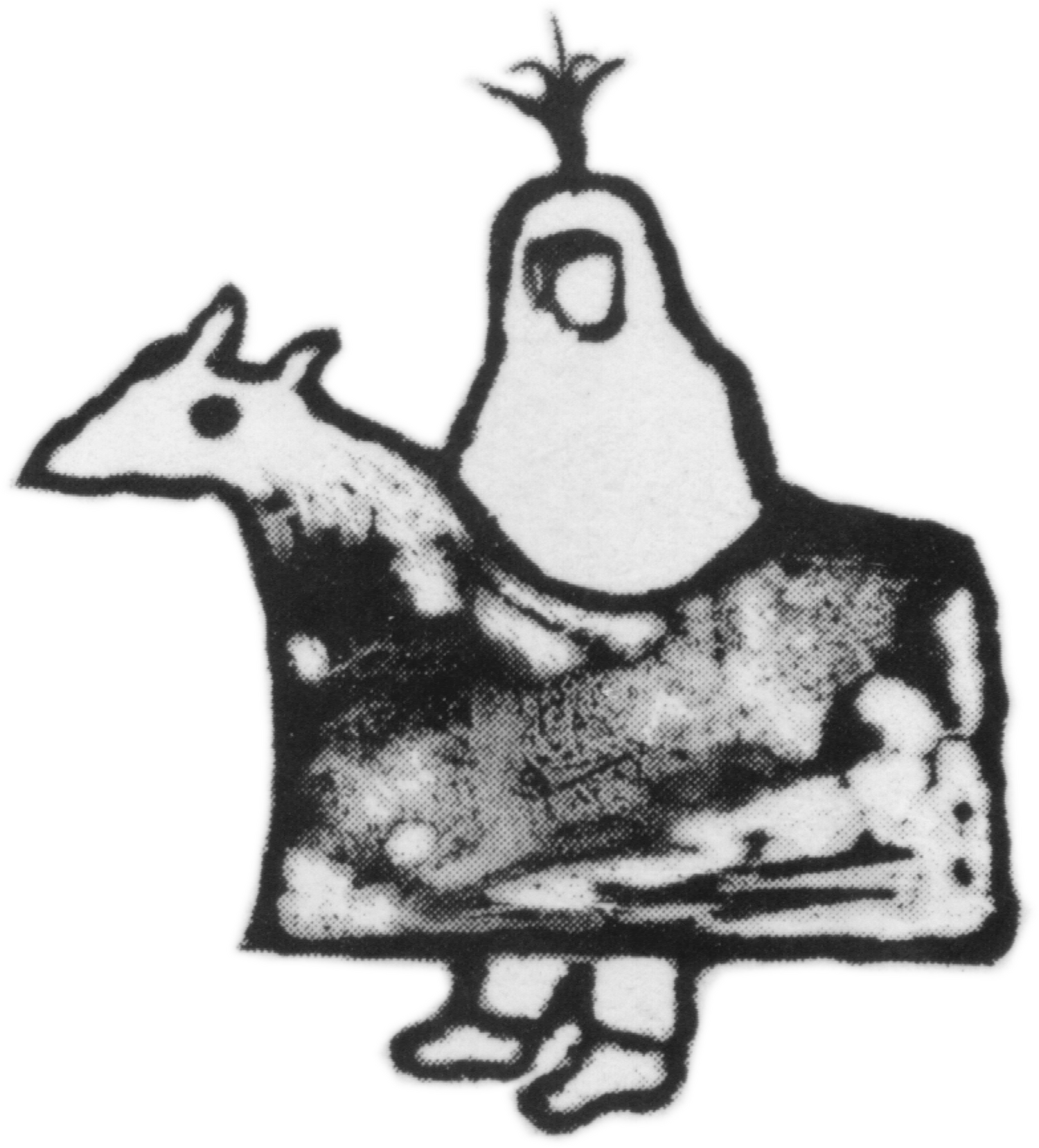 Image 1 of
Image 1 of


Bath between the Wars, 1919-1939, by David G Williamson
Bath between the wars was an oasis for retired colonial civil servants, colonels, generals and admirals. Thanks to its splendid Georgian architecture, concerts and drama it was also a centre for the highbrow tourist, and its spa drew those afflicted with arthritis and gout. Yet there were other sides to Bath. It was an industrial centre with a working population with its own traditions and interests, and it had notorious slum areas around Avon Street. It was too, a city inhabited by lonely spinsters in private hotels and bed sits. In the inter-war years the city experienced the dual challenge of technological and social change. Despite its conservative reputation, progress was made in slum clearance and the council wrestled with the problem of the motor car, often coming up with plans that appalled the conservationists. Neither was Bath insulated from global events. The Russian Revolution was followed by some with fear and loathing, while others viewed it as a blueprint for paradise. The rise of Hitler and the rearmament of Germany triggered a growing feeling of insecurity, which was reinforced rather than lessened by the air raid precautions that began to take shape from 1935 onwards. This is a fascinating, scholarly but highly readable and absorbing social history. May, 2024, xii, 353 pp, illustrated paperback, £18.95, ISBN 978-1-914407-67-3 (also available in hardback at £30.00, ISBN 978-1-914407-68-0)
Bath between the wars was an oasis for retired colonial civil servants, colonels, generals and admirals. Thanks to its splendid Georgian architecture, concerts and drama it was also a centre for the highbrow tourist, and its spa drew those afflicted with arthritis and gout. Yet there were other sides to Bath. It was an industrial centre with a working population with its own traditions and interests, and it had notorious slum areas around Avon Street. It was too, a city inhabited by lonely spinsters in private hotels and bed sits. In the inter-war years the city experienced the dual challenge of technological and social change. Despite its conservative reputation, progress was made in slum clearance and the council wrestled with the problem of the motor car, often coming up with plans that appalled the conservationists. Neither was Bath insulated from global events. The Russian Revolution was followed by some with fear and loathing, while others viewed it as a blueprint for paradise. The rise of Hitler and the rearmament of Germany triggered a growing feeling of insecurity, which was reinforced rather than lessened by the air raid precautions that began to take shape from 1935 onwards. This is a fascinating, scholarly but highly readable and absorbing social history. May, 2024, xii, 353 pp, illustrated paperback, £18.95, ISBN 978-1-914407-67-3 (also available in hardback at £30.00, ISBN 978-1-914407-68-0)
Bath between the wars was an oasis for retired colonial civil servants, colonels, generals and admirals. Thanks to its splendid Georgian architecture, concerts and drama it was also a centre for the highbrow tourist, and its spa drew those afflicted with arthritis and gout. Yet there were other sides to Bath. It was an industrial centre with a working population with its own traditions and interests, and it had notorious slum areas around Avon Street. It was too, a city inhabited by lonely spinsters in private hotels and bed sits. In the inter-war years the city experienced the dual challenge of technological and social change. Despite its conservative reputation, progress was made in slum clearance and the council wrestled with the problem of the motor car, often coming up with plans that appalled the conservationists. Neither was Bath insulated from global events. The Russian Revolution was followed by some with fear and loathing, while others viewed it as a blueprint for paradise. The rise of Hitler and the rearmament of Germany triggered a growing feeling of insecurity, which was reinforced rather than lessened by the air raid precautions that began to take shape from 1935 onwards. This is a fascinating, scholarly but highly readable and absorbing social history. May, 2024, xii, 353 pp, illustrated paperback, £18.95, ISBN 978-1-914407-67-3 (also available in hardback at £30.00, ISBN 978-1-914407-68-0)
